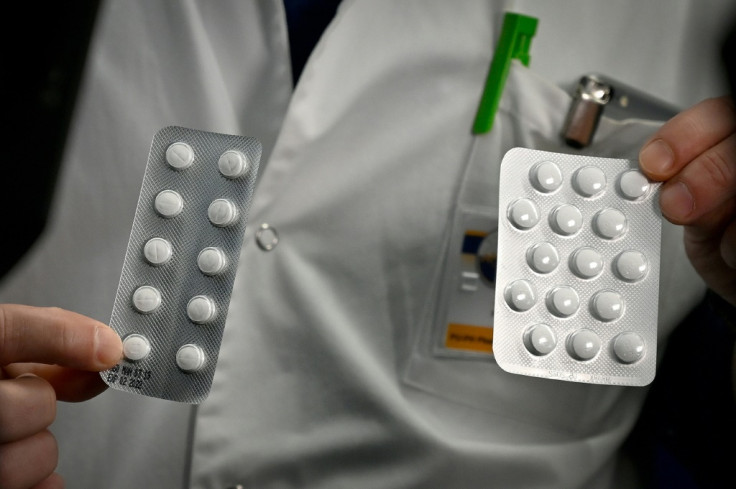COVID-19 research findings: VA hospitals control prescriptions of disputed anti-malaria drugs
Hydroxychloroquine and chloroquine were thrust into the spotlight after French doctors touted its alleged benefits in the treatment of COVID-19.
Last week, there were major announcements that finally revealed more about the use of certain medications to treat COVID-19. Despite what many hoped for, Remdesivir from Gilead Sciences failed to show any noteworthy effects on patients. Meanwhile, research into the use of the highly controversial hydroxychloroquine and chloroquine yielded worrying results. As such, reports confirm that prescriptions of the anti-malaria drugs have seen a dramatic drop among state-run VA hospitals.
This was announced during a House hearing last week wherein Veterans Affairs Secretary Robert Wilkie discussed the developments. Based on the data provided by the studies, the aforementioned medications had undesirable side effects that led to an increased risk of death. This was exactly what medical experts warned people about shortly after the treatment was touted by several high-profile personalities.
Hydroxychloroquine and chloroquine were thrust into the spotlight after French doctors touted its alleged benefits in the treatment of COVID-19. U.S. President Donald Trump likewise lauded its use in several press events that led to a sudden increase in demand for the drugs. What followed were alarming reports of people dying or experiencing severe complications after taking them without medical supervision. According to a report in Fox News, prescriptions from VA hospitals surged about two months ago.
In mid-March, sources pointed out that it increased from two to 404 in just two weeks. This was supposedly after Trump's provocative statements. Wilkie explained that the medications were originally offered to vets given that there were no viable treatments available at the time. "We are all learning as we go in this crisis," he stated. "Our mission is to preserve and protect life."

Upon observation, among veterans who were given hydroxychloroquine or chloroquine along with conventional care, about 28 per cent died. In contrast, only 11 percent was documented in those who were on the latter. For now, VA hospitals will likely stick with Remdesivir for now, until a proven treatment or vaccine becomes available. So far, testing claims the antiviral drug can shorten the recovery time of COVID-19 patients by roughly four days. As of this writing, there are 13,657 cases and 1,200 deaths related to SARS-CoV-2 were recorded among veterans.
© Copyright IBTimes 2025. All rights reserved.





















